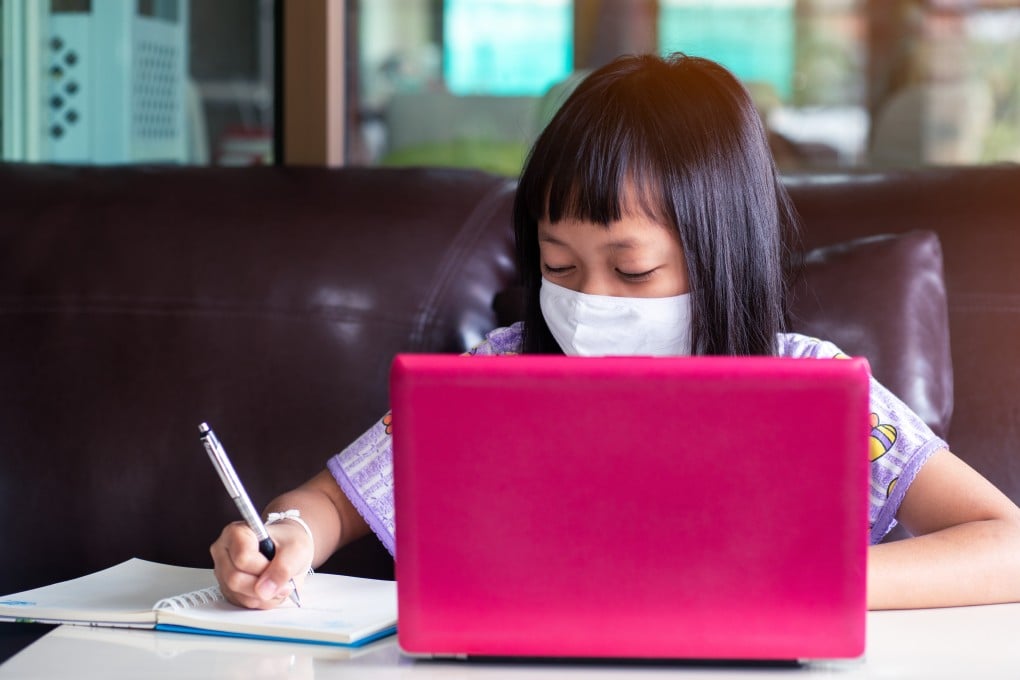Coronavirus: Hong Kong students without electronic devices could be left on wrong side of ‘tsunami-scale’ digital learning divide
- Data gathered by HKU last year shows about 10 per cent of city’s students had no electronic device at home, while 40 per cent needed to share
- While sharing was not a serious drawback for students in the past school year, the sudden shift to online learning could change that, researcher says

Researchers from the University of Hong Kong (HKU) have warned of a “tsunami-scale” divide in digital learning after a months-long class suspension that about 10 per cent of Hong Kong students could be weathering without any electronic devices at home.
The university study’s findings, released on Tuesday, also found about 40 per cent of more than 2,000 primary and secondary pupils polled said they needed to share electronic devices with their family members, according to data collected during the 2018/19 school year.
About 900,000 kindergartens, primary and secondary school pupils have been out of class since February due to the Covid-19 epidemic, and with most switching to online learning, children from low-income families have faced an entirely new set of challenges.
Nancy Law Luk Wai-ying, a professor at HKU’s Faculty of Education who spearheaded the research, said when the data was collected last year, students were mainly using electronic devices for communication with family and friends and leisure purposes.
While a complete lack of digital access represented a clear disadvantage, an analysis of student performances showed there was a relatively small difference between those who had to share a device and those who had their own.
“Having access or no access, it makes a real difference. But having to share, when it wasn’t the main means of learning, it didn’t hurt the students’ digital competence,” Law said.
But that was last year.
While data for the past few months was unavailable – a batch of data covering the 2020/21 academic year will come later – Law believed the sudden emphasis on digital learning would likely have an adverse impact.